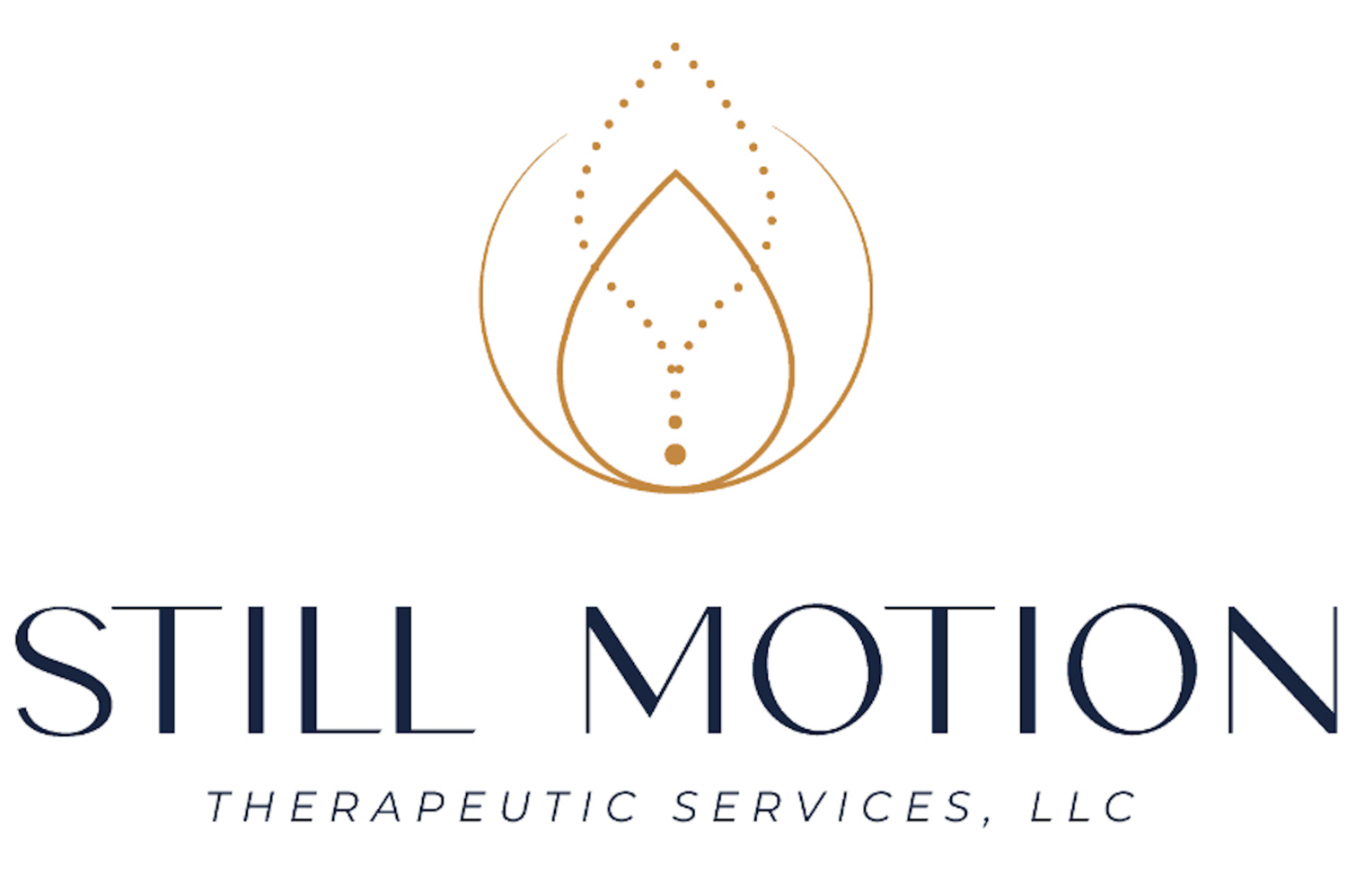Whether you suffer from anxiety, depression, trauma, eating disorders, ADHD, relationship difficulties etc. (you get the picture) you are not alone. The truth is, very seldom does one come out of childhood alive without having experienced some form of a mental health related issue or emotional trauma (as I like to call it). The wound is there for a reason and very rarely can you ascend without having some growing pains along the way. To cultivate acknowledgement and acceptance of the wound as opposed to resistance—that is when the healing truly begins.
For reference, The Diagnostic System Manual (DSM-5) is what mental health professionals use to make a formal diagnosis of identified individuals’ with a mental health disorder. I highlight the word disorder in efforts to dis-man-tle the stigma associated with mental illness. To offer a different perspective, ‘disorder’ denotes the fact that there is a notable imbalance and that there is a need to restore homeostasis—the bodies natural rhythm, where it thrives and functions optimally. When you let your anxieties, depression, trauma, etc. get the best of you is when your body’s natural rhythm can really get out of whack, creating an imbalance and discord AKA mental health disorder.
So, if you chalk your mental health up to maintainment of balance (mind, body, soul) what could possibly be preventing you from getting the help that you need?
Whelp, my guess is FEAR and ANXIETY - ANXIETY and FEAR.
Fear of being judged, criticized, vulnerable…you fill in the blank
According to the National Alliance of Mental Illness (NAMI) 1 out of every 13 persons suffer from an anxiety disorder globally..
“Anxiety disorders are the most common mental illness in the U.S., affecting 40 million adults in the United States age 18 and older, or 18.1% of the population every year. Anxiety disorders are highly treatable, yet only 36.9% of those suffering receive treatment. People with an anxiety disorder are three to five times more likely to go to the doctor and six times more likely to be hospitalized for psychiatric disorders than those who do not suffer from anxiety disorders. Anxiety disorders develop from a complex set of risk factors, including genetics, brain chemistry, personality, and life events (NAMI, 2020)”.
There is so much wrong with this picture. Please, don’t let the next statistic be you.

